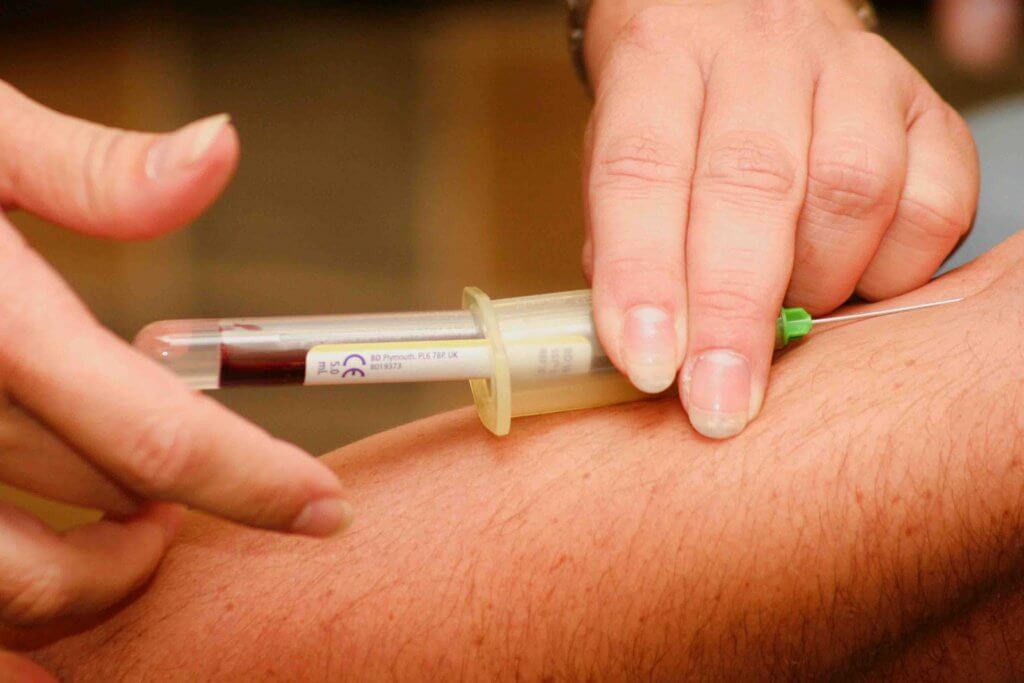FDA Loosens Blood Donation Restrictions for Gay and Bisexual Men
April 28th, 2020

Following a request by 15 senators for the Food and Drug Administration (FDA) to loosen its blood donation restrictions for gay and bisexual men, the FDA announced at the beginning of April that it would relax its restrictions. The restrictions resulted in the reduction of the amount of time that men who have had sex with men must wait before giving blood from one-year to three months.
Blood Shortages Across the Country
This decision was motivated in no small part by the need to increase the availability of blood during the COVID-19 pandemic. Indeed, the American Red Cross reports that social distancing and self-isolation due to the coronavirus outbreak have resulted in the cancellation of 2,700 blood drives and 86,000 fewer donations than expected. During a March 19, 2020 briefing of President Trump’s coronavirus task force, the Surgeon General urged all Americans to address this blood shortage through donations.
The Previous Blood Donation Restrictions
The earlier restriction of a one-year waiting period for gay and bisexual men to donate blood received substantial criticism when the regulation was introduced in 2015 by the FDA. However, this one-year restriction replaced an earlier lifetime prohibition on blood donations from men who have sex with men (MSM).
The lifetime ban was initiated in 1983 in response to the AIDS epidemic. While the FDA re-examined the ban periodically over the years, the agency argued that the restriction was necessary to make sure that its blood banks remained free from HIV.
In support of this new 2020 revision of its blood donation restrictions, the FDA stated that based on recent studies, the agency found that current policies addressing donor eligibility can be modified without compromising the safety of the blood supply. The FDA stated that the recommendations will remain in place even after the COVID-19 pandemic ends.
Support by LGBTQ Groups
While LGBTQ advocates commended this revision, they have commented that they will now attempt to remove the waiting period altogether. The president of GLAAD commented that this decision marks a victory for everyone who has fought to end the discriminatory blood donation restrictions.
The FDA also commented that the restriction no longer made sense in the era of “modern diagnostic technology.” Many medical professionals have also responded positively to the decision to lift the ban because it will help the current blood supply shortage during the COVID-19 pandemic.
Other agencies, however, have responded to this revision less positively. For example, the President of the Human Rights Campaign commented that the revision is still based on bias instead of science and that establishing a policy based on identity rather than risk is “irrational.”
The Potential Impact of These Changes
The United States would not be alone in lifting such prohibitions against gay and bisexual men. Currently, more than 12 countries including Argentina, Chile, and Spain lack a deferral period for gay and bisexual men. Instead, these countries rely on a risk-based assessment that evaluates donors based on specific behaviors. The Williams Institute, a subdivision at UCLA Law School, estimates that changing to a risk-based assessment program would result in 360,000 additional blood donors each year.
Documenting Developments in LGBTQ Rights
This decision marks another advancement in the rights of gay and bisexual men. Each month, the Universal Life Church’s blog focuses on documenting the most noteworthy developments in LGBTQ rights. We strive to describe cases in a manner that examines opposing sides in a clear and concise manner that can easily be understood by readers.


